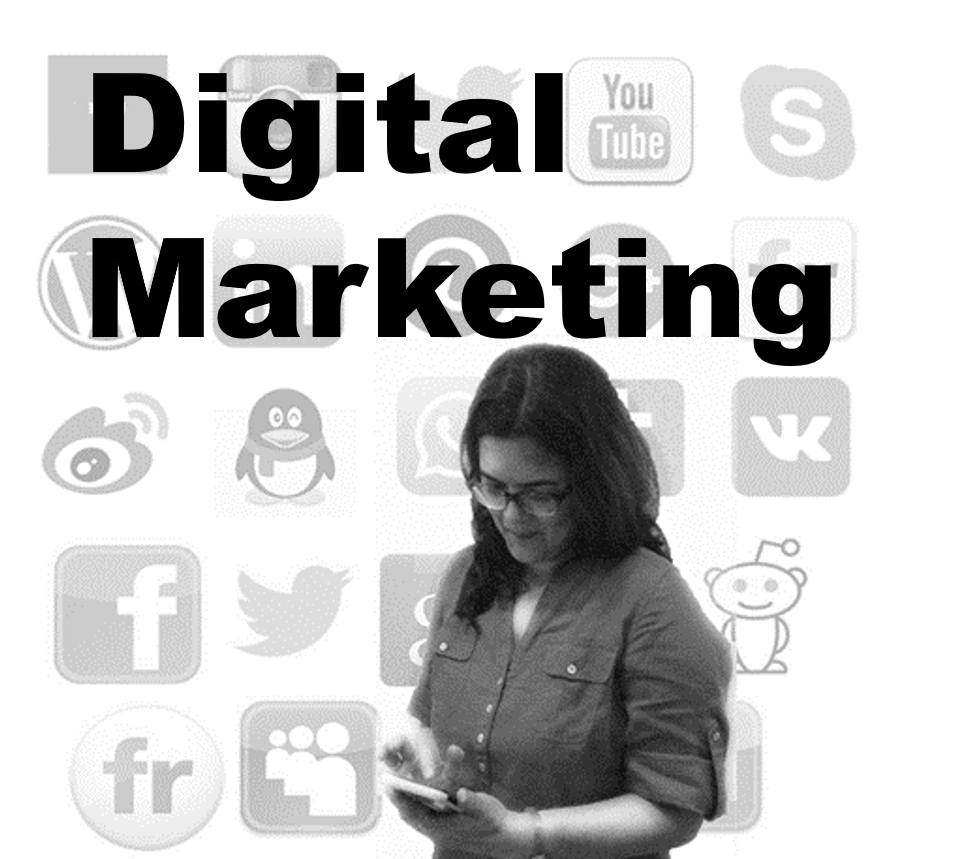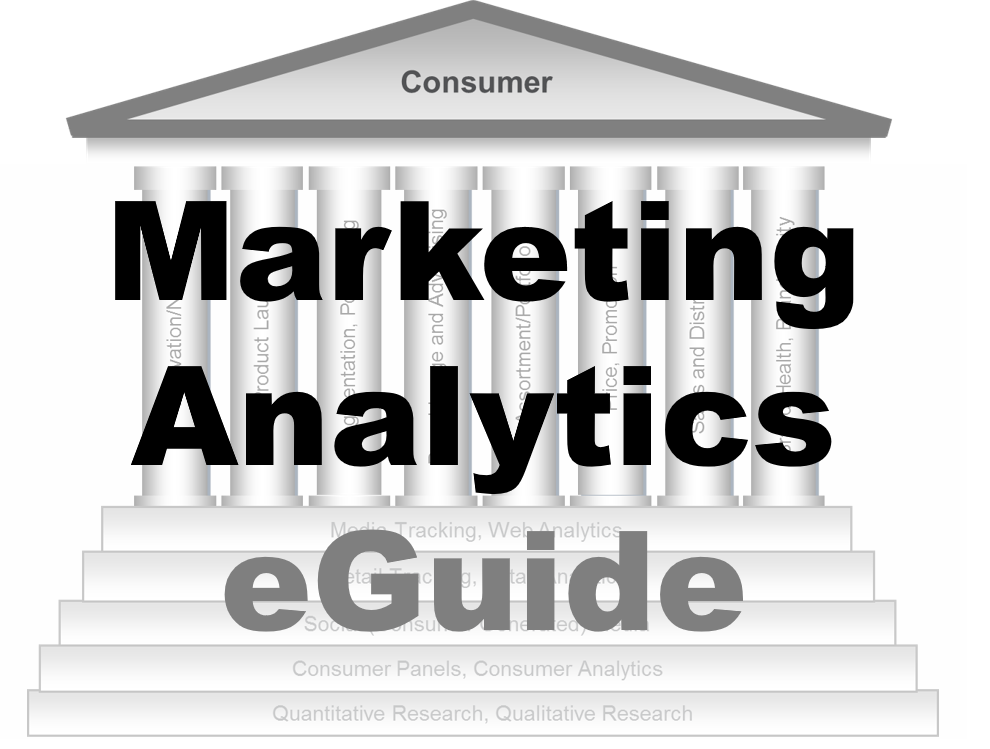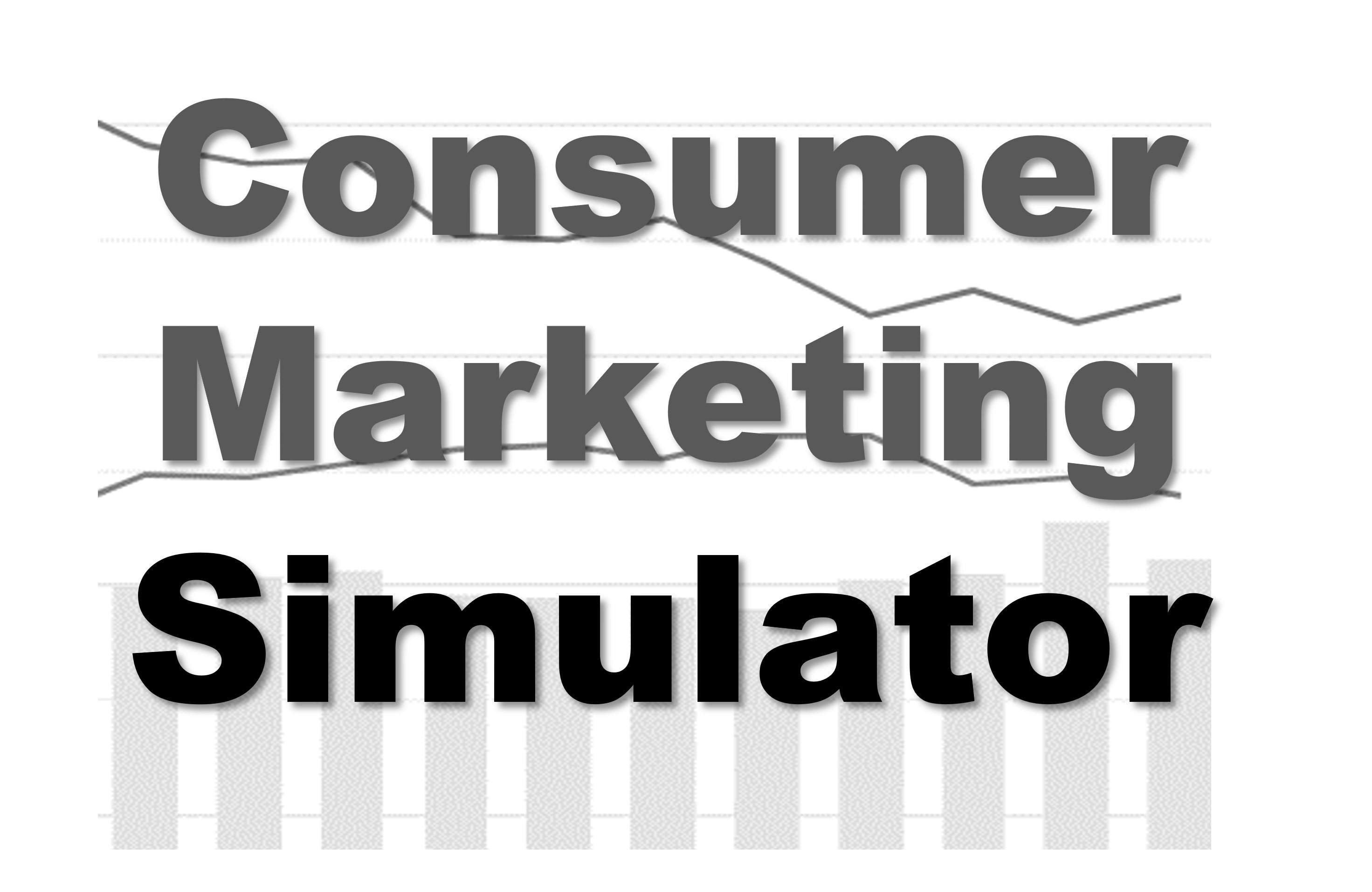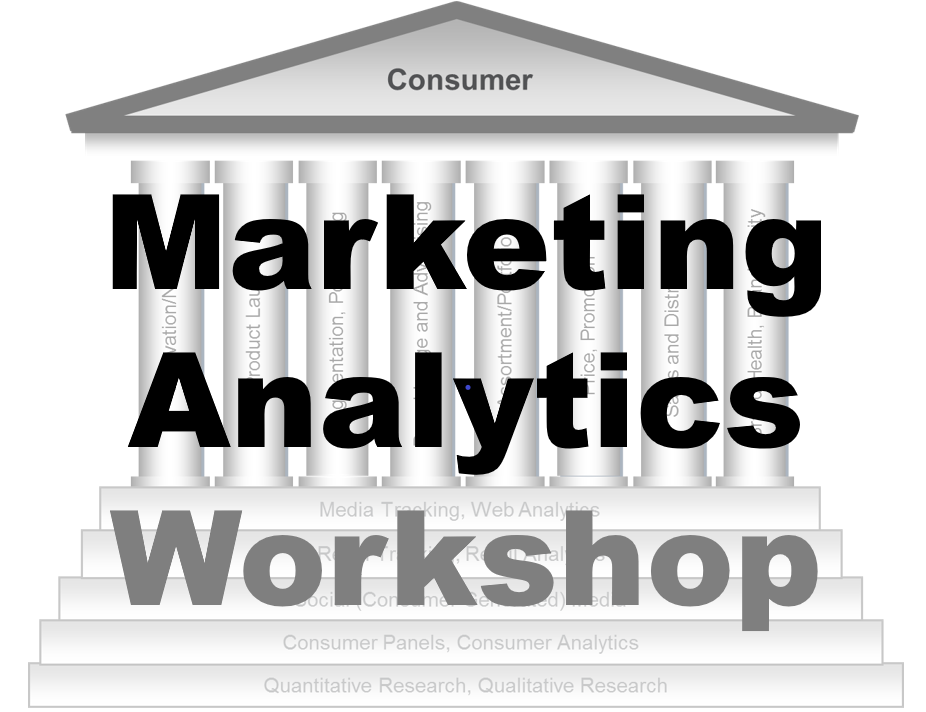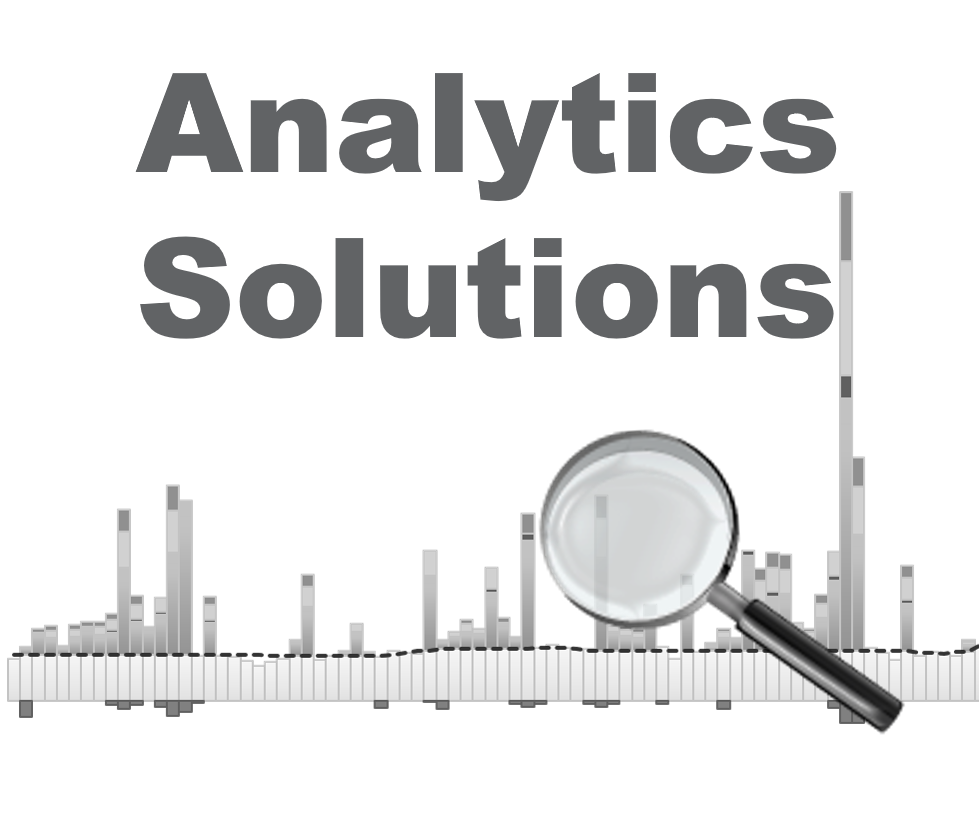-
New Media
Preview
New World
New Media
Social Cloisters
Spread of Misinformation
“Stolen Election”
Propaganda and Fake News — What’s the difference?
Lessons for Marketers
New Rules, New Perspectives
Social Listening
Level Playing Field
Co-Creation
Crowdsourcing
Long Tail
Permission Marketing
Inbound/Outbound Marketing
Word-of-Mouth (Buzz)
Digital Transformation in Real Estate
Trends — Media Consumption
Online Video
Interactive TV
Internet Basics
- New Media
- Digital Marketing
- YouTube
- Social Media Analytics
- SEO
- Search Advertising
- Web Analytics
- Execution
- Case — Prop-GPT
ThinkBusiness: Social Cloisters and Fake News
- Marketing Education
- Is Marketing Education Fluffy and Weak?
- How to Choose the Right Marketing Simulator
- Self-Learners: Experiential Learning to Adapt to the New Age of Marketing
- Negotiation Skills Training for Retailers, Marketers, Trade Marketers and Category Managers
- Simulators becoming essential Training Platforms
- What they SHOULD TEACH at Business Schools
- Experiential Learning through Marketing Simulators
-
MarketingMind
New Media
Preview
New World
New Media
Social Cloisters
Spread of Misinformation
“Stolen Election”
Propaganda and Fake News — What’s the difference?
Lessons for Marketers
New Rules, New Perspectives
Social Listening
Level Playing Field
Co-Creation
Crowdsourcing
Long Tail
Permission Marketing
Inbound/Outbound Marketing
Word-of-Mouth (Buzz)
Digital Transformation in Real Estate
Trends — Media Consumption
Online Video
Interactive TV
Internet Basics
- New Media
- Digital Marketing
- YouTube
- Social Media Analytics
- SEO
- Search Advertising
- Web Analytics
- Execution
- Case — Prop-GPT
ThinkBusiness: Social Cloisters and Fake News
- Marketing Education
- Is Marketing Education Fluffy and Weak?
- How to Choose the Right Marketing Simulator
- Self-Learners: Experiential Learning to Adapt to the New Age of Marketing
- Negotiation Skills Training for Retailers, Marketers, Trade Marketers and Category Managers
- Simulators becoming essential Training Platforms
- What they SHOULD TEACH at Business Schools
- Experiential Learning through Marketing Simulators
Spread of Misinformation — Fake News
Exhibit 18.2 Excerpts from Carole Cadwalladr talk at the TED Stage, on why she thinks the ‘gods of Silicon Valley’ are failing democracies across the globe.
“If we are not serious about facts and what’s true and what’s not, and particularly in an age of social media when so many people are getting their information in sound bites and off their phones, if we can’t discriminate between serious arguments and propaganda, then we have problems” — President Barack Obama.
Misinformation or fake news is a major concern in today’s society. With the rise of social media and the ease with which anyone can share information, it has become easier than ever to spread lies and falsehoods. Misinformation can be deliberately spread by individuals or organizations seeking to further their personal agendas, and it can be made to appear credible by packaging it in a sensational and emotional way that demands to be shared.
Fake news has enormous impact because it preys on people’s emotions and beliefs, and since it can be difficult for ordinary people to decipher fact from fiction. They believe what they want to believe, which is why fake news so compelling, and why social cloisters are so divisive.
This is further compounded by the fact that bogus reports are usually packaged well, and mega internet platforms lend them credibility. The spread of misinformation is not just unethical, it can also be malicious. Reports may originate from demagogues or mere opportunists and charlatans, and their intent may vary from attracting eyeballs to selling a product or a political party or to something more sinister like peddling terrorism.
Misinformation is not a new phenomenon. Governments, politicians, political organizations, activist groups, companies, religious organizations, and individuals have a long history of indulging in propaganda and the distortion of facts. What has changed is the scale of the problem. Social media has empowered anyone and everyone to say what they want, and there is often an element or an emphasis in their words, however large or small, that favours some opinions over others. Sometimes what is said is blatantly untrue.
Brexit is a case in point. In June 2016, British citizens voted to exit the European Union, an outcome that none of the polls had predicted. According to Carole Cadwalladr, the Welsh journalist who exposed Cambridge Analytica and Facebook’s role in the referendum, voters had been misled by fake content via ads and news feed on Facebook.
The video excerpt in Exhibit 18.2, taken from Carole Cadwalladr talk at the TED Stage in July 2019, discusses the failure of Silicon Valley tech giants to protect democracies around the world as “hate and fear are being sown online”. Directly addressing the “gods of Silicon Valley”, Carole says, “what the Brexit vote demonstrates is that liberal democracy is broken. And you broke it. This is not democracy — spreading lies in darkness, paid for with illegal cash, from God knows where. It’s subversion, and you are accessories to it”.
The limitations of computer algorithms used by social networks to detect fake news are becoming more apparent. The vast amount of content that floods these networks necessitates the use of automation to filter out fakes. In the past, human editors were employed by networks like Facebook to curate their trending news section, but they were overwhelmed by the sheer volume of content. Unfortunately, even present-day machine learning based algorithms are not yet advanced enough to effectively perform this task.
Major social media platforms have acknowledged that more needs to be done, and they say that they keep improving their ability to detect misinformation and to swiftly remove it. However, since it is not something that they are currently on top of, marketers and politicians need mechanisms to deal with it. Misinformation is a growing social problem that needs to be contained. There ought to be a consensus that purposeful lying or intentional misrepresentation should not be condoned. The measures needed to stem the problem, however, are debatable. Every individual and every government has its own perspective on fake news and freedom of expression.
As previously mentioned, fake news is not a new phenomenon. Conspiracy theories and “big lies” were prevalent centuries ago when people were less educated and ill-informed. More recently, the rumours spread by QAnon are reminiscent of the accusations of witchcraft during medieval times. The belief amongst many Americans in 2020-21 that an election was stolen is another glaring example of how false information is being used for political gain and to manipulate public opinion, even in advanced nations. These developments suggest that while social media is empowering us to move forward, it is also the catalyst that is taking us backward several steps.
Previous Next
Use the Search Bar to find content on MarketingMind.
Contact | Privacy Statement | Disclaimer: Opinions and views expressed on www.ashokcharan.com are the author’s personal views, and do not represent the official views of the National University of Singapore (NUS) or the NUS Business School | © Copyright 2013-2025 www.ashokcharan.com. All Rights Reserved.

